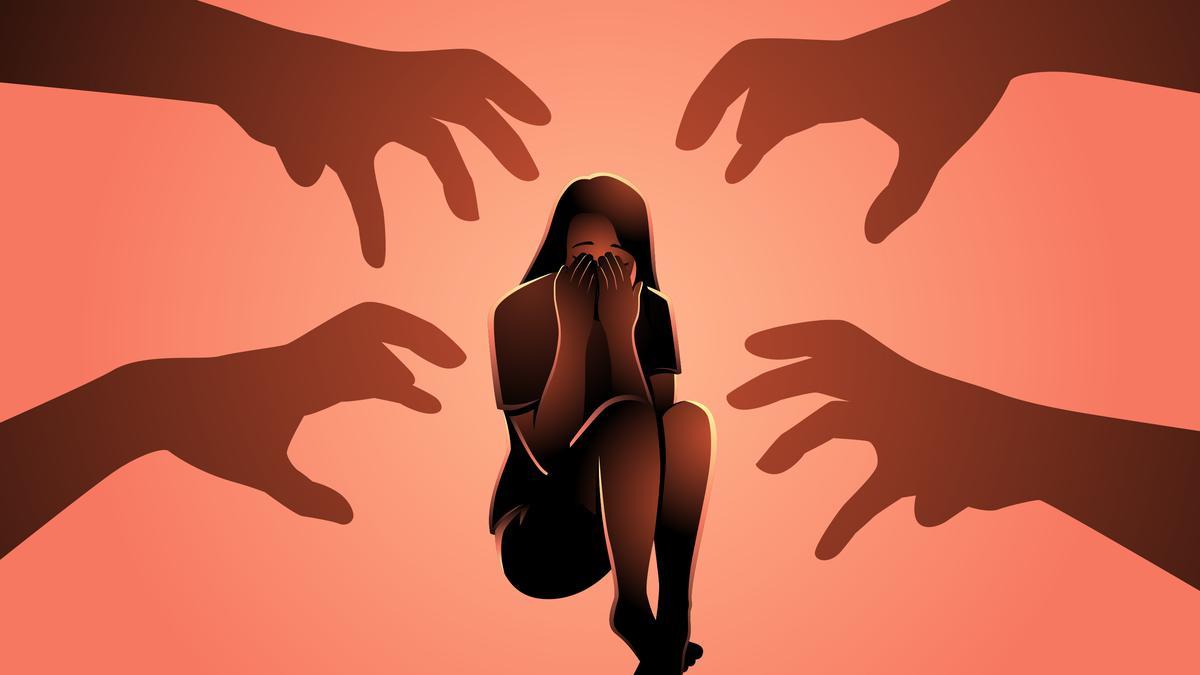
The Malayalam film industry, often lauded for its intelligent and nuanced storytelling, is currently embroiled in a scandal of horrifying proportions. Beneath the glossy veneer of award-winning movies and celebrated actors lies a sordid underbelly of sexual exploitation, abuse, and victim-shaming that reflects the worst facets of patriarchal society. The revelations have triggered intense discussions among fans on social media, illustrating a disturbing symmetry between the attitudes of powerful industry insiders and their devoted followers.
The mindset that views women as mere sex objects and shifts the blame for any resultant trauma onto them is deeply entrenched. This is a sentiment demonstrated vividly by the reactions of social media ‘moralists’. Such individuals impose rigid, preconceived roles onto others, much like tyrannical governments and patriarchal societies. Courageous actresses have, however, begun to speak out against this toxic culture, braving potential repercussions to shed light on their harrowing experiences.
The recent Justice Hema Committee report has brought these issues into sharp focus. It highlights how prominent actresses have stepped forward to expose their abusers and recount incidents of being raped, sometimes even orchestrated by hired thugs. If high-profile figures face such nightmarish situations, one can only imagine the plight of those further down the hierarchy. The report poignantly notes, “Junior artistes are treated worse than slaves,” underscoring the grave reality faced by less well-known figures in the industry.
The 290-page document from the Hema Committee offers a grim account of the behind-the-scenes horrors of Malayalam cinema. The casual interchange of terms like ‘girls’ and ‘women’ in the report further points to the age-old practice of preying on minors. It is evident from statements like, “The girls who are called for work would be given a chance in cinema if they comply with the demands for sex.” This unnerving revelation brings to light the existence of paedophiles among actors, intensifying the disgusting nature of the crimes reported.
Adding to the problem is an unfortunate endorsement of victim-blaming from unexpected quarters. Award-winning actress Sarada, a member of the Justice Hema Committee, controversially commented on the influence of Western culture as a factor, suggesting that the openness in social interactions today might lead to such abuses. This insinuation that the victims may have invited unsolicited advances is appalling and deeply problematic.
.
The term ‘Me-Too’ has been a rallying cry for many survivors of sexual harassment and assault. However, in this context, it fails to capture the sheer horror and gravity of the situation. The cold reality is that rape is rape, no matter how one tries to downplay it. Some top actors even outsource the act, orchestrating managed assaults while they evade immediate implications. Victims are left to cope with lifelong trauma, whereas perpetrators often return to their glamorous lives unscathed.
Malayalam films have been some of the most exemplary in handling delicate subjects with grace. The recent national award-winning film, *Aatam*, tells the complex story of a woman grappling with the aftermath of a potential molestation while on tour. It encapsulates the difficulty of proving such crimes conclusively. Despite the creative brilliance, real life starkly contrasts as it battles grave injustices within the industry itself.
According to insiders, the ‘lobby’ and ‘mafia’ mentioned in the report are identifiable, hinting at more names likely to emerge as criminal investigations gain momentum. However, an underlying apprehension remains that political connections could provide protection for these criminals, whether in Kerala, Bengal, or Uttar Pradesh. This shield of impunity emboldens such heinous acts, perpetuating a cycle of exploitation and injustice.
Although the Hema Committee’s solutions may appear insufficient, their significance lies in bringing hidden truths into the public eye. By converting rumors into verified complaints, the committee has peeled back the layer of secrecy masking these serious allegations. Criminals undoubtedly deserve punishment, but the pressing question remains: will the system deliver such justice?
In conclusion, the Malayalam film industry’s scandal mirrors broader societal issues, where power dynamics and entrenched misogyny inhibit the quest for justice. Despite the industry’s cinematic achievements, it faces a moral and ethical reckoning. As the narrative unfolds, the spotlight must remain on the courageous voices breaking their silence and the imperative for systemic change to protect and empower the vulnerable.












